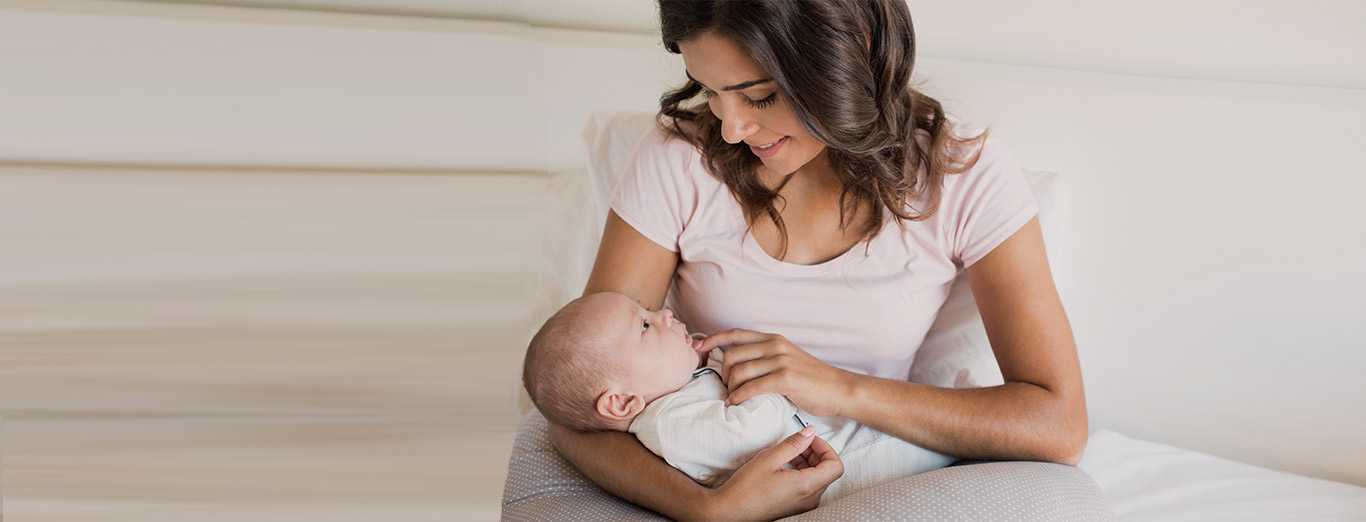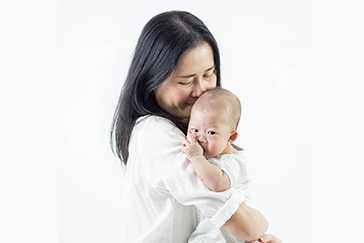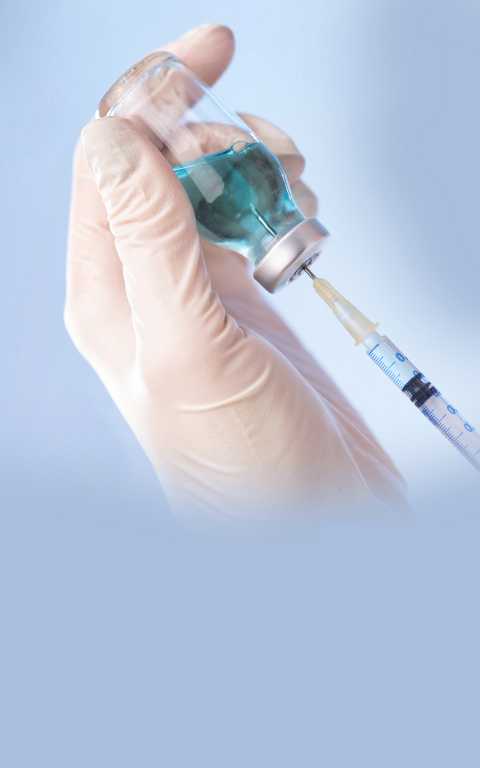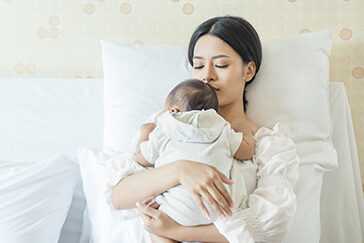
covid and pregnancy
These Might be of Interest
pregnancy and covid
Pregnancy is a period where the body’s immune response increases to various viral infections. The same phenomenon applies to COVID-19, and very rarely severe symptoms are diagnosed in pregnant women. In general, expecting mothers have a better recovery rate when compared to normal human beings. But the risk of COVID-19 becomes higher when pregnancy and Covid go hand in hand during the last trimester of pregnancy and in women who have heart problems.
effect on fetus
The transmission of the virus from mother to baby during pregnancy is possible, but the proportion of affected babies and its consequences after birth is still unknown. But what they do know is that the virus is teratogenic, which does not lead to miscarriage or early pregnancy loss. The long-term effect on babies whose mothers were affected during pregnancy is still under study. Although there are no recorded cases of both vaginal secretion and breast milk being tested positive in patients with covid and pregnancy at the same time. This is good news for most healthcare professionals.
dos and don’ts
The dos and don’ts when a pregnant woman experiences COVID-19 symptoms are:
- Please do not neglect to test as it is essential to go ahead with further action.
- Do not delay the obstetric management to test for COVID-19 in any situation.
- Do not avoid treatment until the test results are available. If she has similar symptoms, go ahead with the treatment course.
- Do not perform elective procedures like labour induction as COVID-19 is harmless to pregnant women in most cases.
- Do not overdo the routing investigation and growth scans. Keep it minimum and at the usual pace as there is nothing to panic about here.
- Always decontaminate the ultrasound equipment after using it on a COVID positive pregnant woman.
- Covid vaccine and pregnancy can be done safely if the mother does not have any other health complications.
management of covid-19 in pregnant women
When a pregnant woman displays symptoms of coronavirus disease, she has to be immediately tested to check the status. Or if there is a doubt that she might be carrying it due to exposure and direct contact or travel to other countries, then the management should be done as follows. The COVID-19 test is done either by nasopharyngeal oropharyngeal samples and then diagnosed whether the person is symptomatic or asymptomatic.
Symptomatic
- In symptomatic patients, they will be exhibiting temperatures and other common symptoms of COVID-19. In this case, they have to be monitored in a hospital and isolated with delivery and neonatal procedure equipment readily placed on the site.
- If the test turns out to be negative, self-quarantine at home is advised for the next 14 days. But if symptoms continue, they are suggested to retest.
- But when the test is positive, hospitalization is done at a tertiary centre with proper maternal and fetal surveillance.
- All the treatment protocols are followed, and immediate c-section is done during critical conditions like fetal distress, septic shock or acute organ failure. If not, natural birth is encouraged, and the newborn baby is isolated from the mother until the virus sheds.
- The newborn is closely monitored, and breastfeeding is done through proper precautions.
Asymptomatic
- When there are no symptoms, the patient is referred to as asymptomatic. Monitoring is done at home without any isolation.
- If the COVID test result is negative, monitoring further is not required.
- But if the test result turns out to be positive, isolation at home is advised for the next 14 days.
- The mother must stay away from the child until the virus shedding resolves, and breastfeeding must be done as guidelines.
- USG fetal surveillance is necessarily performed.
Antenatal Care
Antenatal care is the routine health checkup presuming that the pregnant woman is healthy to rule out any complicating obstetric conditions without symptoms. In this pandemic, the antenatal care for all pregnant women would be:
- Please make it to the checkups during the 12th, 20th, 28th and 36th weeks of gestation without fail.
- If you are experiencing symptoms, defer your appointments and wait until the symptoms subside. Covid 19 and pregnancy may cause some hiccups in your routine scans and checkups, but it is alright to delay it a little.
- Fetal kick count has to be monitored regularly by self.
- If another family member has COVID symptoms, you have to wait for 14 days and make an appointment.
- If a woman had previously got infected and is experiencing the same symptoms again, she must take a COVID test without further delay.
- Monitor fetal growth if infected during pregnancy immediately after 14 days of quarantine.
Labor Care
The steps to be taken to have safe labour for a COVID-19 positive patient is mentioned here.
- Always have an oxygen saturation greater than 94%.
- Rule out sepsis, and if it is prevailing, treat accordingly.
- Monitor fetal movement during labour continuously.
- Prefer epidural over general anaesthesia in COVID positive patients.
- Emergency caesarean birth should be considered even if there is a slight deterioration in the woman’s symptoms.
- Wear proper PPE in case of operative procedures.
- One must give the decision-making liberty to the mother to choose an elective instrumental birth if she becomes hypoxic or exhausted during her pregnancy and Covid 19.
breastfeeding guidelines
Mothers who are separated from their babies have to learn how to breastfeed in such scenarios. They should express their breast milk with the help of a breast pump with proper hygiene and precautionary measures. After each pumping, all the parts of the entire pump must be thoroughly rinsed and disinfected. A healthy caregiver must feed the newborn, and if the mother wishes to do the feeding job, she has to wear a facemask and perform it with proper hygiene.
postnatal management
As mentioned previously, it is not sure whether the newborn is at any complication because of the transmission via contact with the mother. So, the baby and mother have to be isolated for the welfare of the baby. The benefits of this temporary separation outweigh the risk, and once the situation eases out, the decision to discontinue isolation or arranging for colocation has to be made only after proper consultation with the physicians and prevention control specialists.
But even after that, the mother should continue using physical barriers like curtains, facemask and six feet distance, keeping in mind the baby’s well-being. The mother is also advised to carry on with hand hygiene practice regularly as she is the one who is in close contact with her newborn.
Content is medically reviewed by: Dr Renu Raina Sehgal (Advisory Panel, Portea), Surgery, Obstetrics & Gynaecology, Robotic Surgery
Doctor Consultation
Nursing
Physiotherapy
Trained Attendant
Elder Care
Mother & Baby Care
Lab Tests
Medical Equipment
Speciality Pharma
Critical Care









